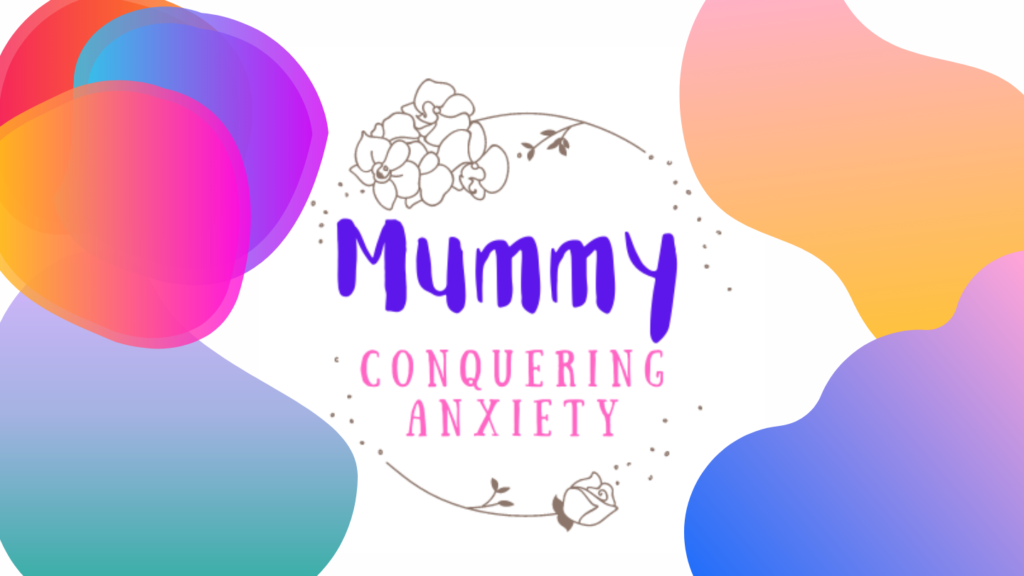In the past, public health officials estimated that around one in four people in this country would develop a mental health disorder at some point in their lives. Today, though, that figure is likely closer to one in three, or one in two.
Mental health has become a central pillar of the culture. It is so widespread and pervasive that every level of society discusses it, from schools to companies to central government.
Driving the current crisis is a change in our consciousness, a result of profound alterations in how we live our daily lives. We’re more connected and wealthier than ever. And yet, mental health continues to be an issue.
Because of this, many people are looking for out-of-the-box solutions to mental health issues. And one idea is to get more people into rugby, a sport that used to be the preserve of public schools, grammar schools, and midland towns.

Rugby For Mood
Rugby has the potential to dramatically improve a person’s mood, just because it gets them moving more. However, that’s not exactly breaking news. Virtually any form of physical activity has the potential to dramatically change how you feel, at least temporarily.
The real benefits of rugby appear to be the team and cultural aspects. Rugby isn’t like other sports. Despite the pitch itself being a battlefield, it attracts a refined type of person. People involved in the sport regularly create great communities which then lift up everyone else around them.
For many, rugby is a route through tough times. Even if there is chaos elsewhere in their lives, the sport is an anchor point, with matches helping to add structure to the week.
It’s also a valuable non-work activity. It reminds people that there is more to do in life other than earn a dime.
These days, you can get an NRL jersey designed online. This way, you can almost make it a part of your identity. People are creating their own kits, and kits for their teams, so that they feel more like a community. New services are bringing people together like never before.
Rugby Clubs
Players spend around 80 minutes on the pitching, battling it out with each other. But that’s not really where the healing gets done. Instead, it occurs in the clubhouse after the match and during the meal. Everyone, no matter what team they are on, sits down together and has great conversations. There’s also a shared sense of purpose. The team has to work together to get to the top of the league, and then the next one, and so on.
Even if readers of this blog aren’t particularly interested in playing rugby, many of us know men with mental health issues who would be. Rather than talk about mental health problems, it might be helpful for some people to just live differently and overcome them that way. That’s what rugby is essentially offering. It’s a chance for husbands or boyfriends to address their mental health issues in a non-judgemental and friendly context.




I really love this idea. Men are terrible at talking about mental health, and this seems like a great way to find a community and open up. Exercise is great for mental health. I know during our many lockdowns, I did a lot of exercise to get me through the day, and it really worked 🙂
It’s such a great way to open up. Exercise really does work. I love walking.